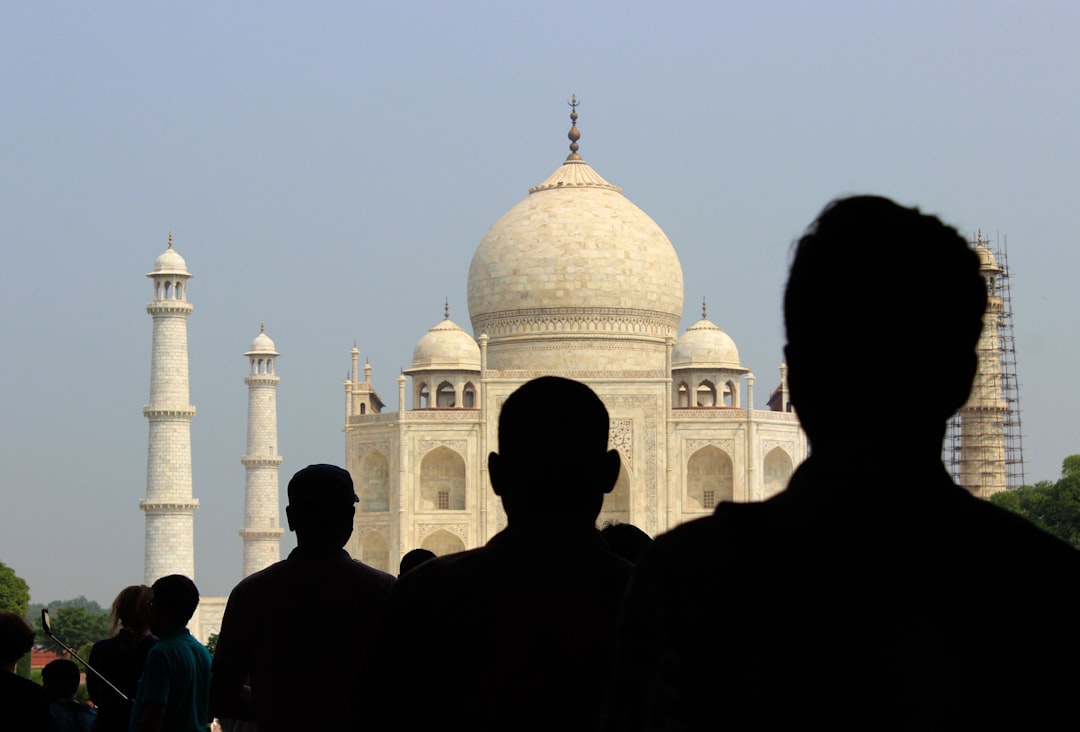No products in the cart.
Domestic and NRI Travel Surge Bolsters India’s Tourism Sector
As India sees a surge in domestic and NRI travel, the tourism industry adapts to new realities, overcoming the dip in foreign arrivals.
[City], India — The Indian tourism landscape is undergoing a remarkable transformation. As the world grapples with the aftermath of the pandemic, the rise in Non-Resident Indian (NRI) arrivals and domestic travel is invigorating a sector that had been brought to its knees.
Recent reports indicate a surge in travel from NRIs, coupled with a renewed enthusiasm among domestic travelers. This influx is helping to offset the slower growth in foreign tourist arrivals, which have yet to recover to pre-pandemic levels. The resilience of the Indian hospitality industry is on full display, adapting to new realities and tapping into the burgeoning market of local and expatriate travelers.

Historically, India has attracted millions of international tourists, drawn by its rich tapestry of culture, history, and natural beauty. However, the pandemic shifted the focus inward. According to the Ministry of Tourism, domestic travel constituted a staggering 90% of the tourism sector in the past year. This shift is not just a statistic; it reflects a broader change in mindset. More Indians are exploring their own country, discovering hidden gems in their backyard.
The appeal of local travel has surged for various reasons. Many Indians, restricted by international travel bans, turned to domestic destinations. The rise of social media has further fueled this trend, with influencers showcasing breathtaking landscapes, historical sites, and culinary delights across the nation. From the pristine beaches of Goa to the majestic forts of Rajasthan, the narrative of travel is changing. Travelers are seeking more authentic experiences, diving deep into local cultures and traditions.
This increased interest in homecoming has created a unique opportunity for the hospitality sector, prompting hotels and travel agencies to tailor their offerings to meet these evolving demands.
Meanwhile, NRIs are returning to India in droves, bringing with them a different set of expectations. They are not just tourists; they are reconnecting with their roots, often indulging in family gatherings, weddings, and cultural festivals. This increased interest in homecoming has created a unique opportunity for the hospitality sector, prompting hotels and travel agencies to tailor their offerings to meet these evolving demands.
However, the resurgence in domestic and NRI travel does not mask the challenges that linger. Foreign tourist arrivals are still lagging, with international travel facing headwinds from visa restrictions and fluctuating travel advisories. The Indian government, in an effort to stimulate this sector, is actively working to ease restrictions and promote India as a safe and appealing destination for foreign tourists.
Moreover, there is a growing emphasis on sustainable tourism practices. As travelers become more conscious of their environmental impact, the industry is responding with eco-friendly initiatives. From promoting local handicrafts to sustainable accommodation options, the tourism sector is at a crossroads, where profit meets purpose.
Looking ahead, the future of Indian tourism appears promising but requires strategic foresight. The industry must adapt to the changing preferences of travelers, balancing the demands of sustainability with the need for economic growth. As the world opens up, India stands to benefit from its robust domestic travel market and the influx of NRIs. However, a concerted effort to market the nation effectively to foreign tourists will be crucial.
The industry must adapt to the changing preferences of travelers, balancing the demands of sustainability with the need for economic growth.
With the right strategies in place, the Indian tourism sector can emerge stronger than ever, not just as a destination for relaxation, but as a vibrant tapestry of experiences that beckons both locals and international visitors alike.











